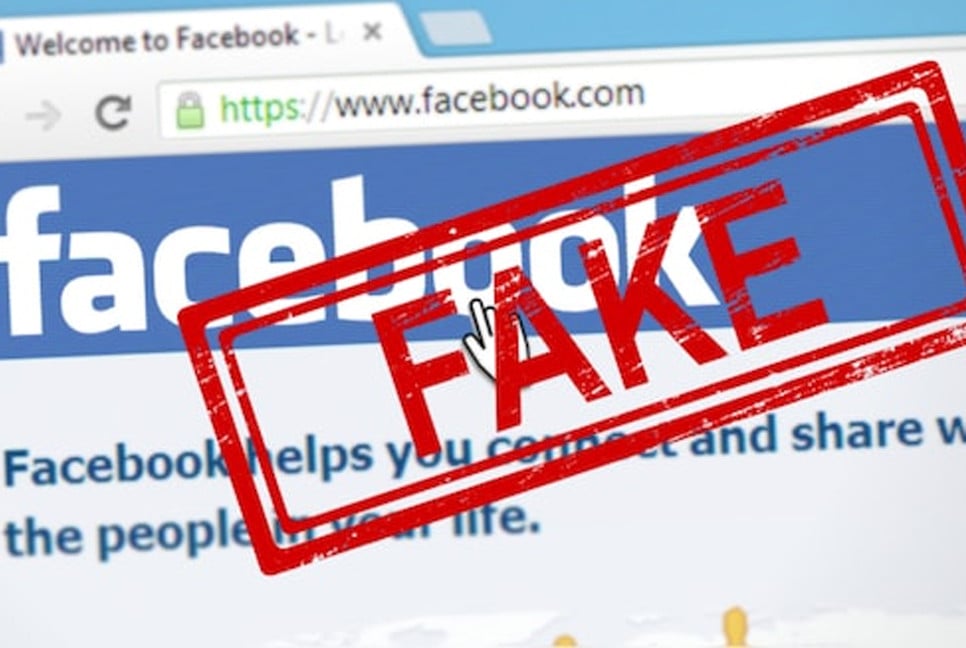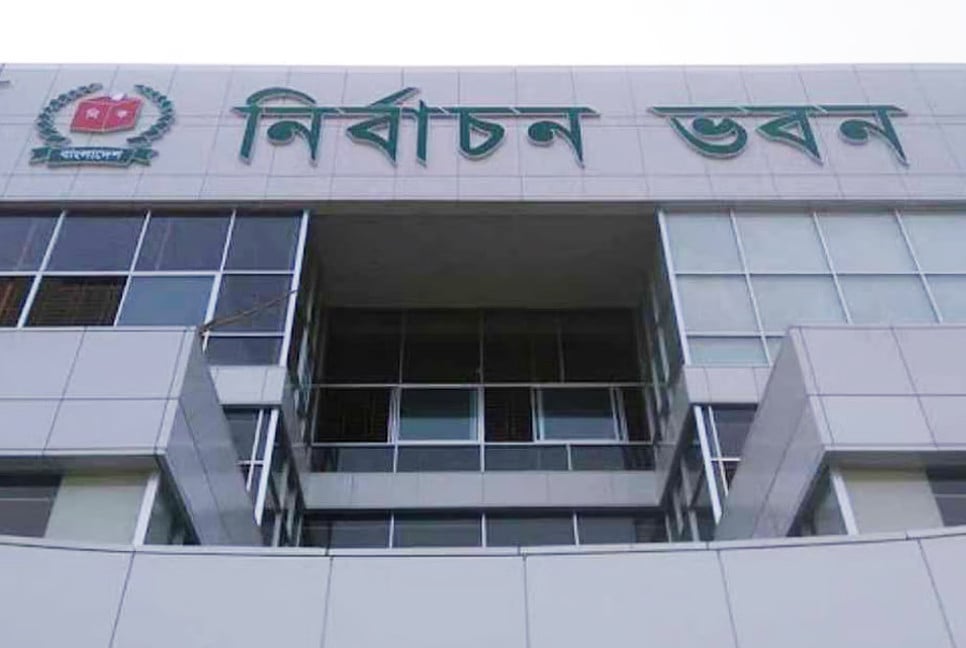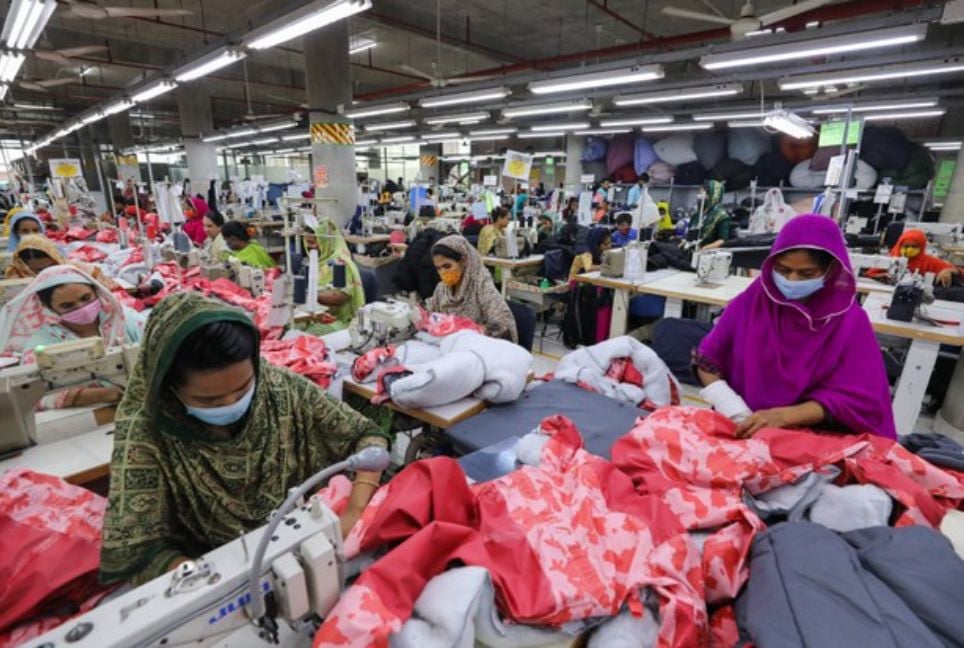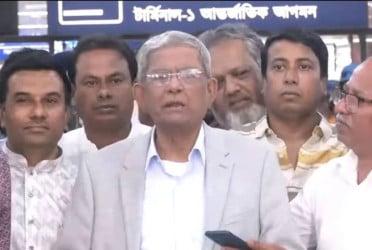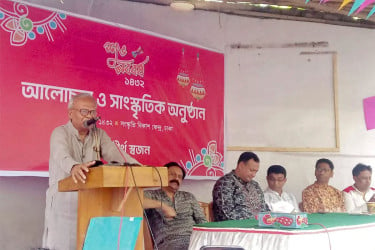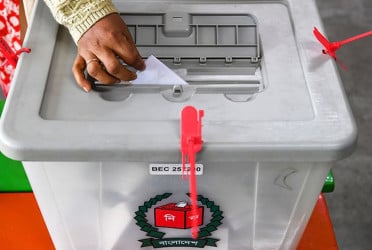Businessmen continue to face numerous challenges, exacerbated by media outlets that spread false information about various businesses and financial institutions. Critics argue that these unfounded rumors and fabricated statements constitute a form of media trial.
The media's intense scrutiny of prominent businessmen, industrialists, banks, and financial institutions has instilled fear in the general public. As a result, many are opting to withdraw their deposits from these institutions.
In addition to banks, media trials have destabilized various business and commerce sectors. Many believe these trials contributed to the recent weakening of 10 banks.
Last Monday, an online portal published a report titled "Bangladesh Bank Appointing Receiver in 9 Industrial Groups," citing sources within the Bangladesh Financial Intelligence Unit (BFIU). This news was subsequently reported by several other media outlets. However, the BFIU has denied the accuracy of these reports. Stakeholders view this incident as a potential case of media trial.
Neither the BFIU nor Bangladesh Bank has the authority to appoint a receiver," AKM Ehsan, Deputy Chief of BFIU, told Bangladesh Pratidin. "The court is solely responsible for appointing receivers, and no such decision has been made by either BFIU or Bangladesh Bank.
According to the online report, Bangladesh Bank is appointing receivers to oversee nine industrial groups. These receivers will be tasked with identifying and selling collateral, including immovable properties, to recover outstanding bank loans.
A media trial occurs when a person's alleged crime is publicly judged outside of a formal courtroom setting, often through media outlets and social media platforms. This practice contravenes Article 31 of the Bangladesh Constitution, which prohibits any illegal action causing harm to a person's life, reputation, or property. Moreover, a fundamental principle of justice is that an individual is presumed innocent until proven guilty by a court of law.
As industry professionals attest, objective journalism is the cornerstone of informed public discourse. Its fundamental principle is the dissemination of precise and unbiased information.
Abdul Awal Mintoo, former president of the Federation of Bangladesh Industries and Commerce Associations (FBCCI), the nation's premier business organization, believes that false information can significantly impact investment and employment. In a recent interview with Bangladesh Pratidin, he emphasized how misinformation disseminated through the media can project a negative image of the country to the global community. This, in turn, can deter both domestic and foreign investment, ultimately hindering job creation. To mitigate these adverse effects, Mintoo urges all stakeholders to exercise caution and vigilance, ensuring that no business entity falls victim to media trials.
The garment industry is heavily reliant on international buyers," former BGMEA President Farooq Hasan told Bangladesh Pratidin. "Unfortunately, negative media portrayals are damaging Bangladesh's global image.
BKMEA President Mohammad Hatem expressed concern over the negative impact of misleading information and biased reporting on Bangladesh's export sector. He emphasized the need for accurate and unbiased journalism, warning that one-sided coverage can harm both businesses and the economy. Hatem urged media outlets to adhere to journalistic principles and avoid sensationalism or fabricated news.
BKMEA Executive President Fazle Shamim Ehsan criticized media trials as an unfair practice. He emphasized that whether in politics or business, premature publication of allegations can severely tarnish reputations, leading to degradation in personal, social, and economic spheres. Such practices are highly undesirable. Businesses, he argued, are built on trust. Banks, suppliers, local and foreign buyers rely on the trust established with businesses. Brand reputation is crucial, and many people unfortunately tend to believe allegations reported in the media.
According to Fazle Shamim Ehsan, media misinformation can lead to unfounded business failures. Such incidents not only jeopardize jobs but also negatively impact the overall economy.
Bd-pratidin English/ Jisan


